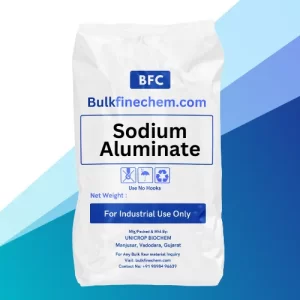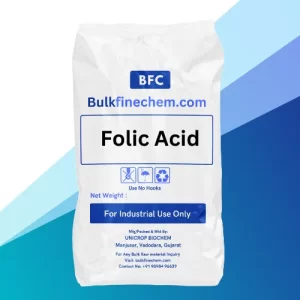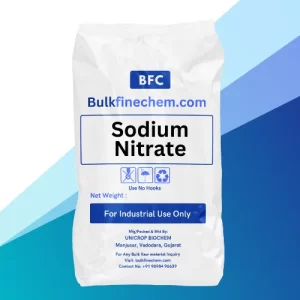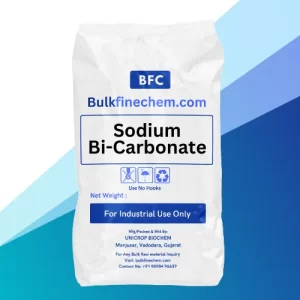Chitosan
Chitosan Oligosaccharide is a natural compound known for its ability to bolster plant defenses against pathogens. By impeding pathogens’ access to essential nutrients and minerals, it acts as a barrier, preventing attacks and promoting plant health. Additionally, it enhances the plant’s innate defense mechanisms by narrowing stomatal apertures in crop leaves, providing a proactive shield against invaders. Moreover, this compound boosts the activity of antioxidant enzymes in crops, mitigating environmental stress and ensuring the plants’ overall well-being. Chitosan Oligosaccharide proves invaluable in safeguarding crops, making it a valuable asset in agriculture.
Mechanism of Action
Chitosan Oligosaccharide prevent or reduce the attack of pathogens by preventing pathogens from accessing nutrients and minerals. It helps plants to enhance plant innate defenses. Chitosan Oligosaccharide narrow the stomatal apertures of crop leaves that in turn become advantageous for plant defense. It increases the antioxidant enzyme activity in crops that reduce the environmental stress on plants.
Benefits of Chitosan
- Chitosan Oligosaccharide trigger defense responses in plants.
- It confers disease resistance in plants.
- It provides nitrogen to plants.
- It increases the quantity of crop yield.
- It stimulates immunity in crops.
- It protects plants against the attack of viruses, bacteria, and other pests.
- It reduces the environmental stress on crops.
Dose of Chitosan
100 ml/acre
Crops
Rice, Bajra, Wheat, Maize, Oats, Barley, Rye, Millets, Sorghum, Banana, Avocados, Apple, Guava, Mango, Orange, Papaya, Grapes, Pomegranate, Dragon Fruit, Watermelon, Potato, Tomato, Okra, Cabbage, Spinach, Bitter gourd, Bottle gourd, Cucumber, Capsicum, Chick pea, Mung bean, Castor, Groundnut, Mustard, Cotton, Soybean, Rapeseed, Chilli, Turmeric, Ginger, Clove, Garlic, Cinnamon, Coriander, Cumin, Pepper, Sugarcane, Sugar beet, Rose, Tuberose, Tulips, Carnation, Marigold, Aster, Sun Flower, Jasmine, etc.





